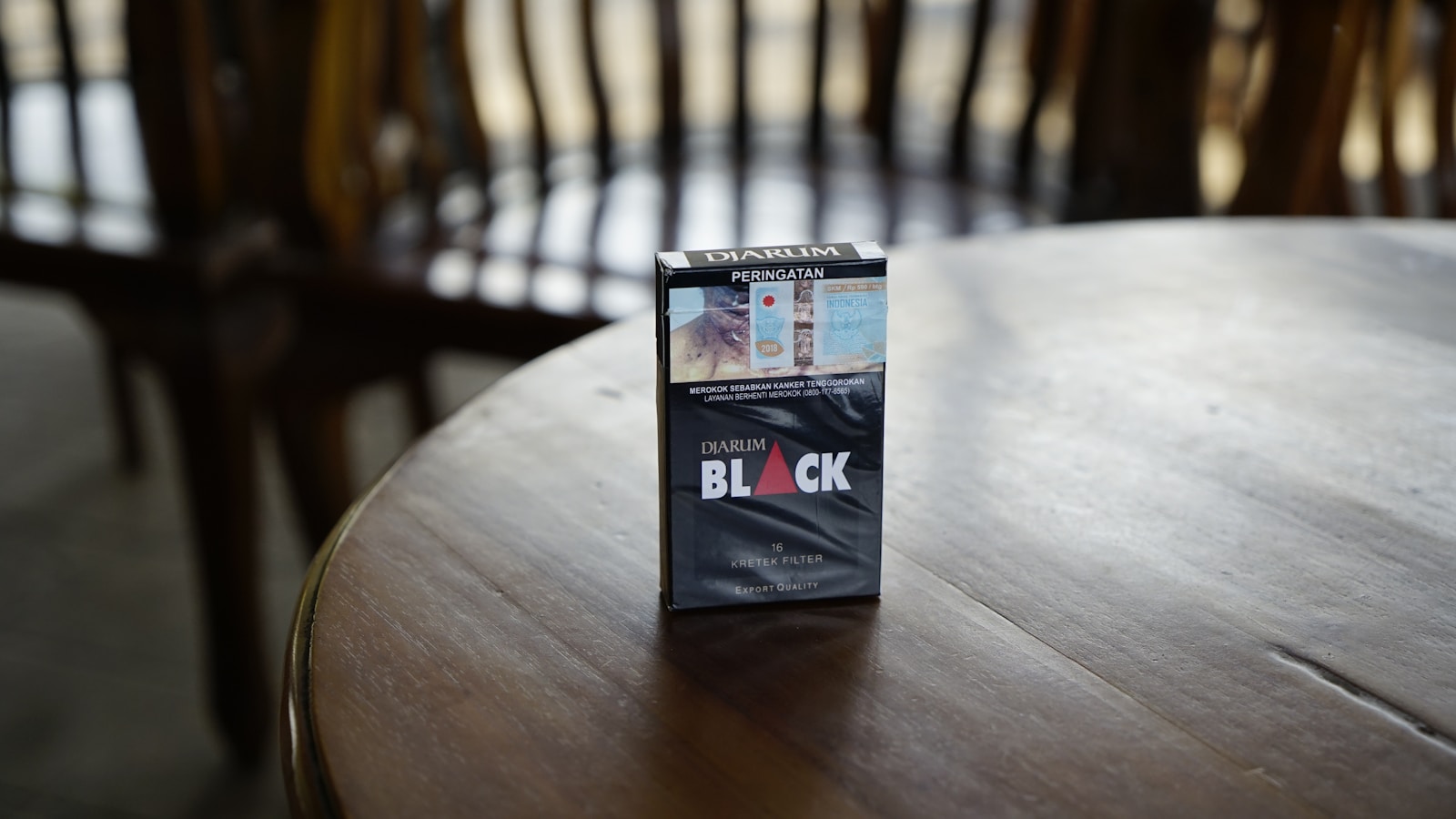
drogue

drug
The French word for 'drug' is 'drogue'. It's used much in the same context as in English, referring to substances that cause physiological changes or effects when introduced into the body. However, it's important to note that while 'drogue' does encompass both legal and illegal substances, the context of its use will often indicate the nature of the drug being referred to.
Example sentences using: drogue
Je ne consomme pas de drogue.

I do not consume drugs.
The French verb 'consomme' translates to 'consume' in English. In this case, it's used in a declaration of non-usage of drugs.
La drogue est interdite dans de nombreux pays.

Drugs are illegal in many countries.
This sentence uses 'interdite', the word for 'illegal', to describe the status of drugs in many countries.
Certains médicaments contiennent des composants de drogue.

Some medicines contain drug components.
The verb 'contiennent' translates as 'contain', denoting that some medicines have drug components.
La drogue peut causer de graves problèmes de santé.

Drugs can cause serious health problems.
The verb 'causer' translates to 'cause' in English, and 'problèmes de santé' means health problems.
Il a été condamné pour trafic de drogue.

He was sentenced for drug trafficking.
The phrase 'condamné pour' translates to 'sentenced for', indicating legal punishment for drug trafficking.
La drogue a ruiné sa carrière.

Drugs ruined his career.
'Ruiné' is French for 'ruined'. Here it refers to the negative impact of drugs on one's professional success.
La police a saisi la drogue.

The police seized the drugs.
'Saisi' translates as 'seized' and it's about a legal act typically carried out by law enforcement agencies, such as the police.
Elle est en réhabilitation pour sa dépendance à la drogue.

She is in rehabilitation for her drug addiction.
The phrase 'en réhabilitation pour' translates as 'in rehabilitation for', often used to describe someone who is in a therapy or recovery process for addiction.
La drogue nuit gravement à votre santé.

Drugs seriously harm your health.
'Nuit gravement' translates as 'seriously harm', conveying a strong warning about the dangerous effects drugs can have on health.
Il est important de dire non à la drogue.

It's important to say no to drugs.
The phrase 'dire non à' translates as 'say no to', often used in awareness campaigns about negative practices such as drug use.